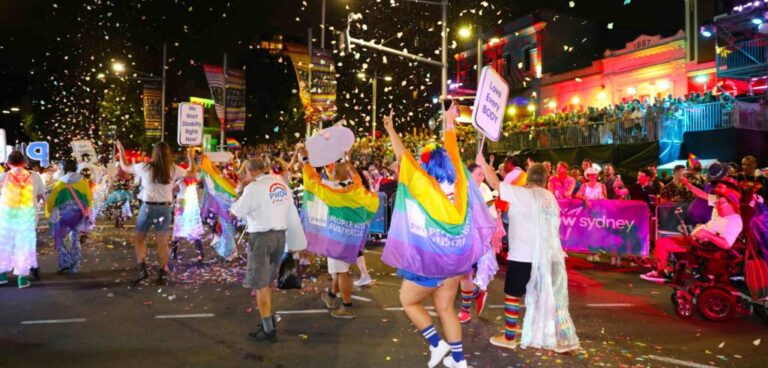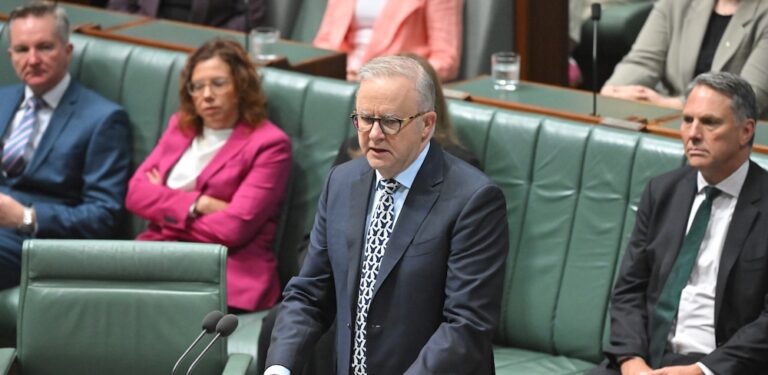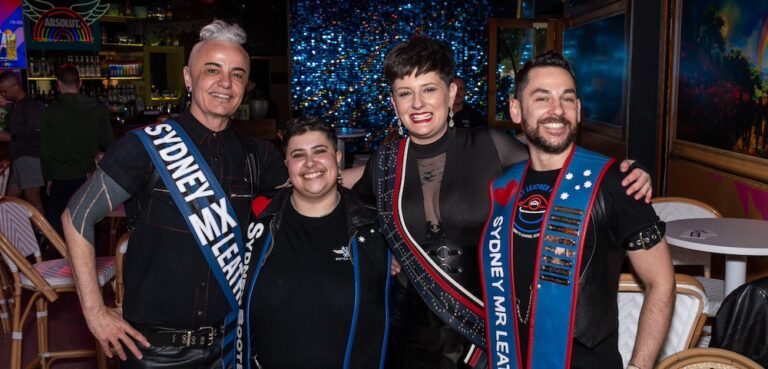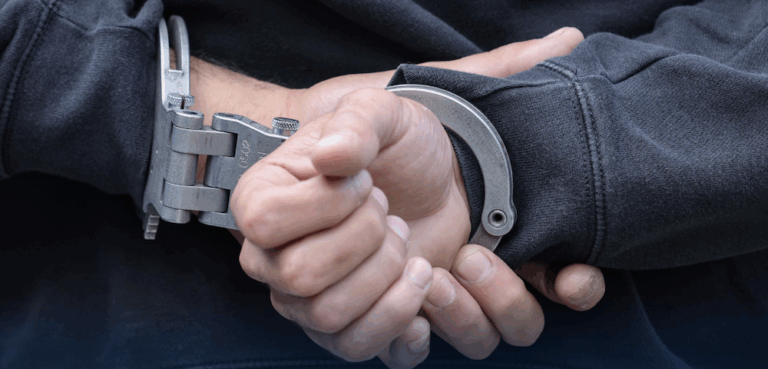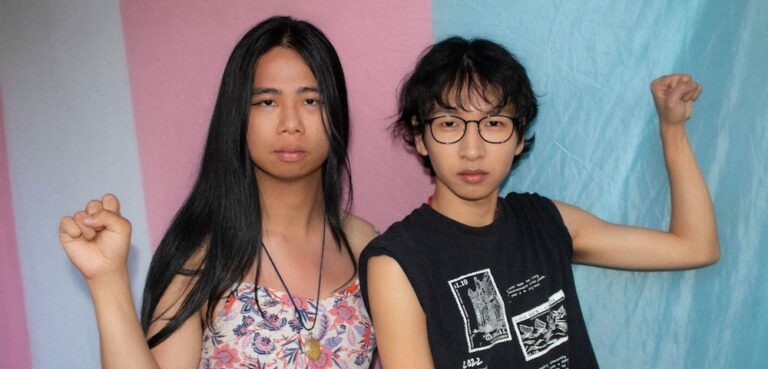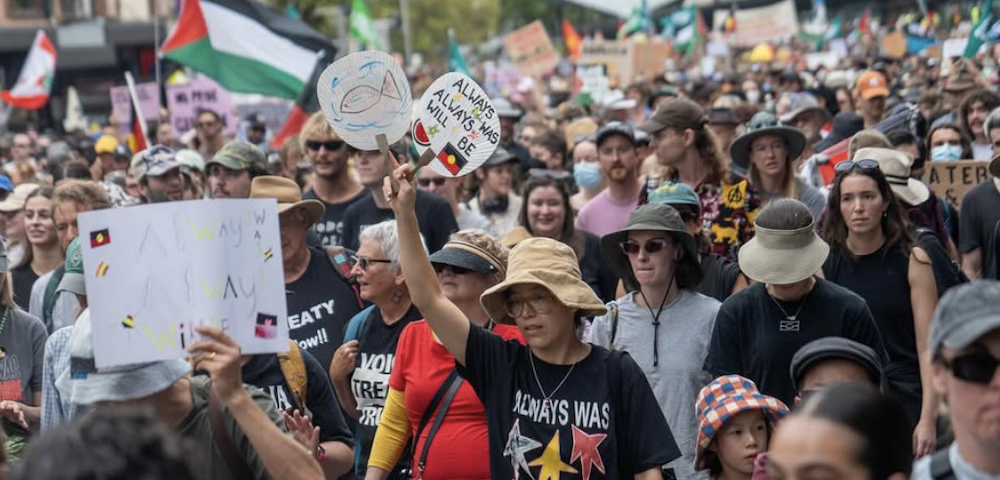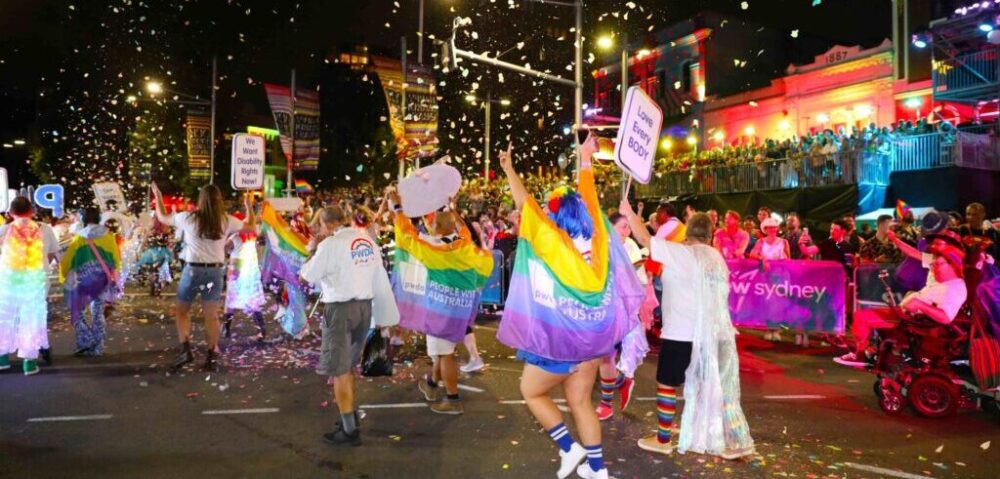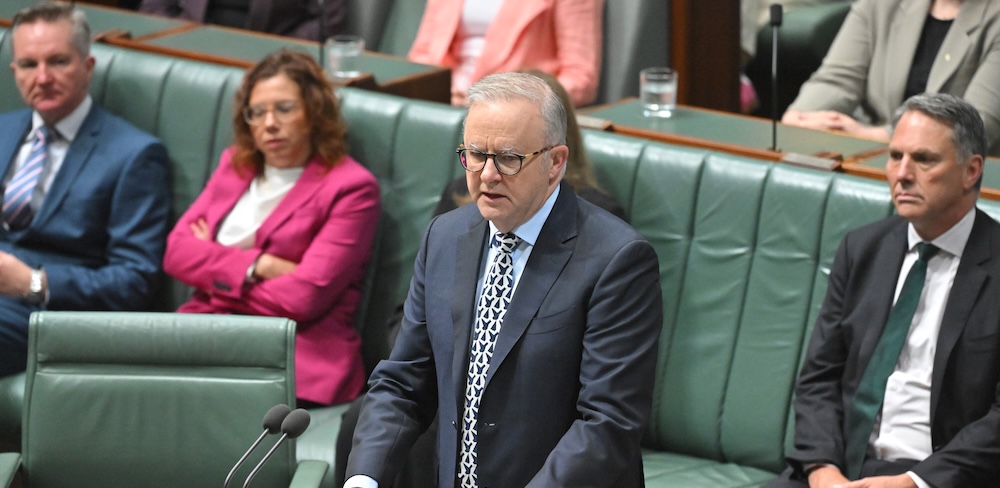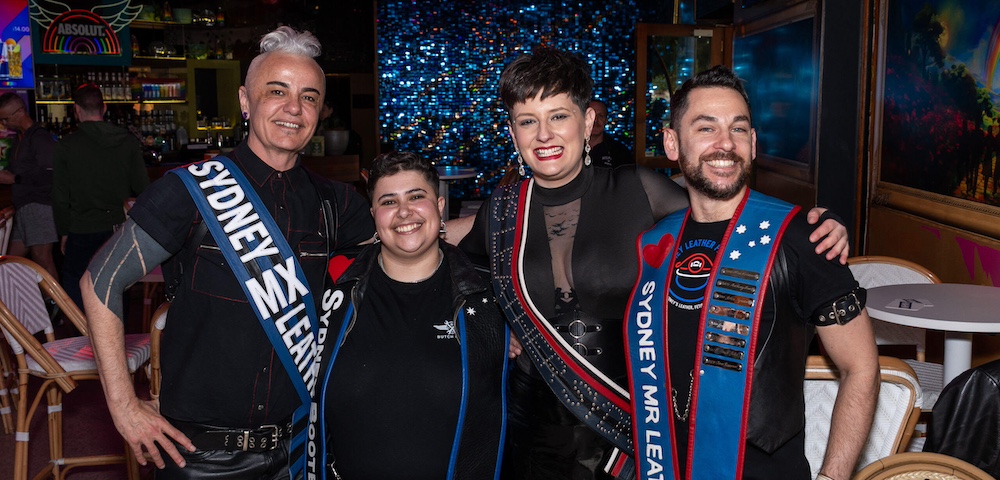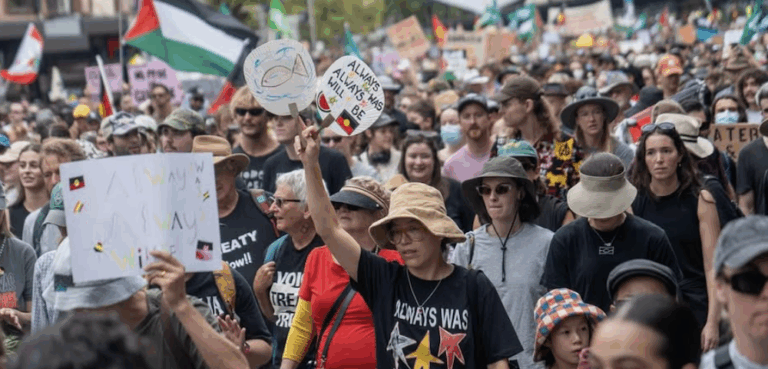
Over 75 % Of Young Queer Australians Face Abuse From Parents, Authority Figures: Study
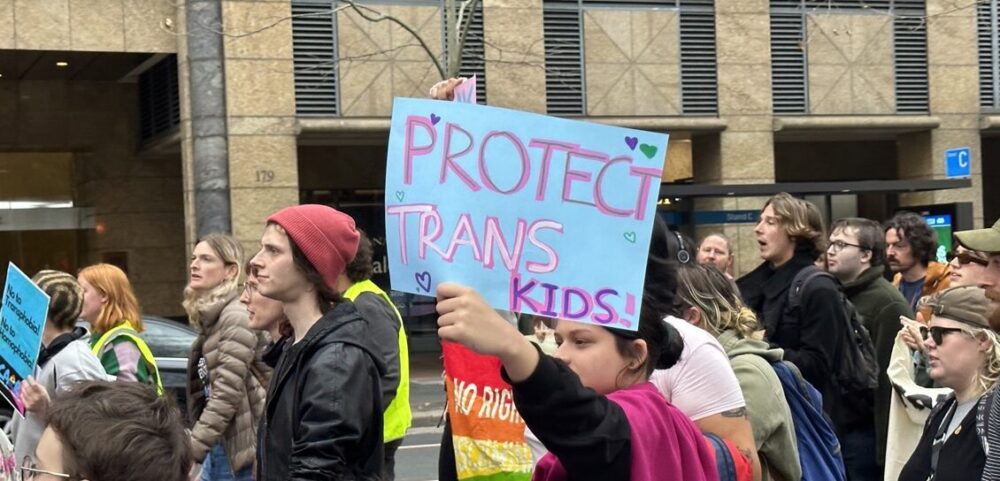
A recent study on the prevalence of domestic violence has unveiled concerning findings about the experiences of maltreatment among LGBTQI Australians.
Trigger Warning: This story discusses abuse faced by young LGBTQI people and child sexual abuse, which might be distressing to some readers. For 24-hour crisis support and suicide prevention call Lifeline on 13 11 14. For Australia-wide LGBTQI peer support call QLife on 1800 184 527 or webchat.
Conducted by academics from various universities across the country, the research indicates that more than 75% of queer young individuals have reported instances of abuse and maltreatment perpetrated by their parents or other figures of authority.
Headed by Professor Daryl Higgins, director of the Institute of Child Protection Studies at the Australian Catholic University, the research builds upon the outcomes of the landmark Australian Child Maltreatment Study (ACMS) conducted last year.
The ACMS, derived from surveys involving 8,500 participants is the most extensive known representative survey of Australian sexuality. The 2021 census gathered data on sex but failed to collect information regarding an individual’s gender or sexual orientation.
Young Australians Are Targets Of Abuse
Among Australians aged 16-24 who identified as gender diverse, a staggering 90.5% disclosed experiencing maltreatment. The prevalent form of maltreatment reported by these young people was emotional abuse, closely followed by exposure to domestic violence.
More than three-quarters of young Australians (77.5%), encountered multiple forms of maltreatment, including emotional, physical, or sexual abuse, exposure to domestic violence, or neglect.
The General Manager of Queerspace, Dr. Paula Fernandez Arias told The Sydney Morning Herald that abuse experienced by queer individuals was linked to gender and homophobic discrimination.
Parents Ill Equipped
“Those experiences do come from systemic forms of very entrenched discrimination that is based on heteronormative and hetero-sexist paradigms. It’s exactly the same kind of driving force behind violence against women. The idea that at the top of the pyramid, there are cis-gendered able-bodied white men, and that any deviation from that parameter puts you at risk”, said Arias.
Professor Daryl Higgins spoke with ABC News regarding the results of the study, where he revealed that the purpose of the study was not initially set to research the prevalence of gender diversity and sexuality, but to conduct a wider study of child maltreatment.
“We wanted to know questions such as how widespread it is, whether it’s changing across time because of course, we had older Australians, younger Australians participating. 3500 who are 16-24 years old’s,” Prof Higgins said.
When asked why he thought young people in the queer community were more likely to experience abuse and maltreatment, Prof Higgins said it related to the unique experiences of being a young, queer Australian.
“What the likelihood is that parents don’t have the right skills to be able to care for children who might end up as adults identifying as sexuality diverse or as gender diverse”, he added.
Queer Children Target For Abuse And Victimisation
The study found that participants with diverse gender identities exhibited higher rates of child maltreatment compared to the overall sample across all five types: physical abuse (49.9% compared to 32.0%), sexual abuse (51.9% compared to 28.5%), emotional abuse (58.3% compared to 30.9%), neglect (26.4% compared to 8.9%), and exposure to domestic violence (58.2% compared to 39.6%).
Concerning child sexual abuse, the study also found that children or young people who express themselves in ways that “do not align with gender norms and behaviours from an early age may therefore be at risk of maltreatment from parents, carers, other adults, or victimisation from siblings or other children and young people (including sexual victimisation)”.

